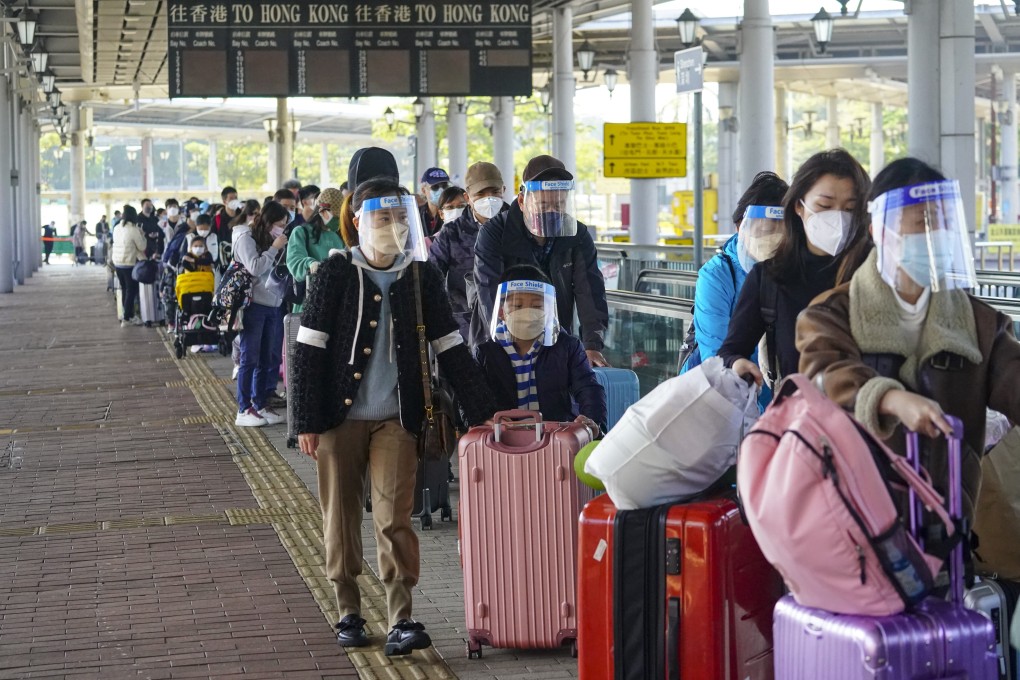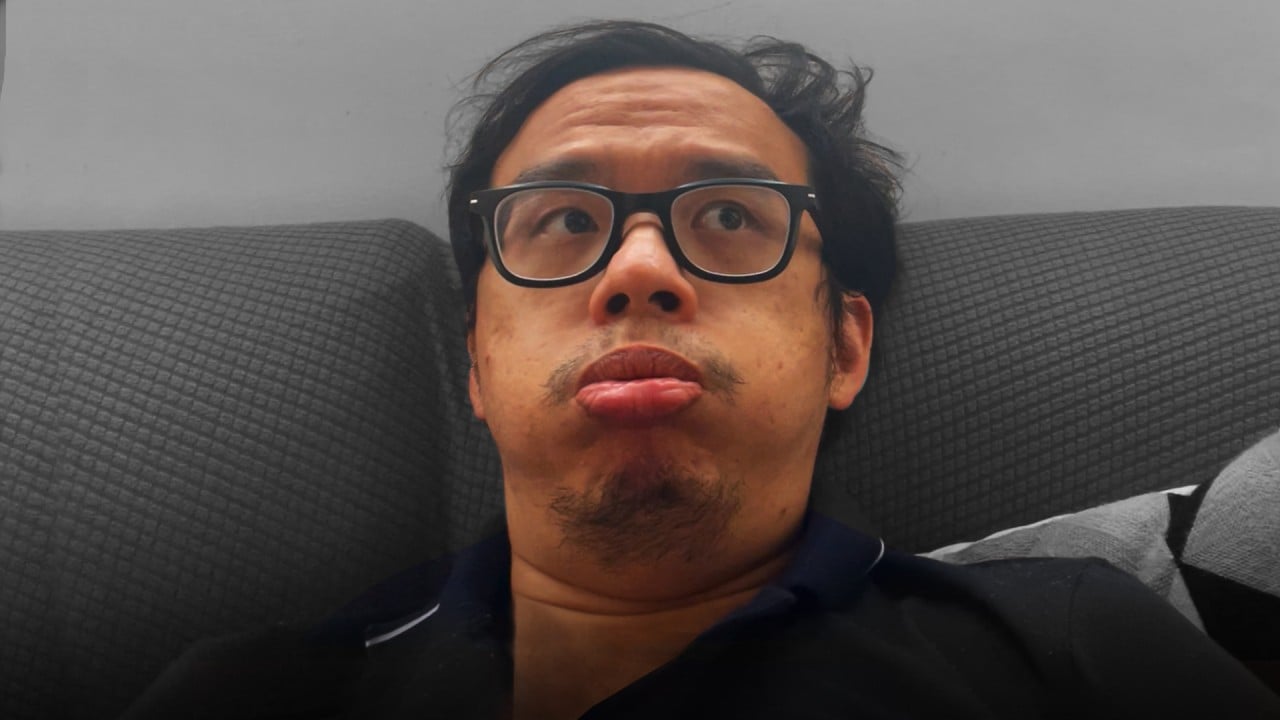Coronavirus: families, couples divided by Hong Kong border with mainland China ‘could reunite for Chinese Valentine’s Day if cases are reduced’
- New health minister Professor Lo Chung-mau expresses hope for border reopening if Hong Kong can control epidemic, reduce number of community Covid-19 infections
- Health officials on Monday report 1,841 new coronavirus cases, 196 of which were imported, and no additional related deaths

Hong Kong’s new health minister has expressed hope that more families and couples separated by the city’s border with mainland China can be reunited next month for Chinese Valentine’s Day, provided the number of local Covid-19 infections can be reduced.
The remarks on Monday from Professor Lo Chung-mau, the city’s new secretary for health, came as an infectious disease expert revealed that Chinese pharmaceutical firm Sinopharm’s Omicron-targeted vaccine could be made available to Hongkongers in December, meaning residents could potentially have three new jabs to choose from by the end of the year if they all receive official approval.
In a blog post marking his first full working day, Lo said it was possible the border with the mainland could reopen on August 4, which is this year’s date for China’s Qixi Festival, if the city worked to contain the number of local coronavirus cases.
“Controlling Hong Kong’s epidemic and reducing community infections are the most important elements in increasing cross-border flow and border reopening,” he said, adding that cooperation between Hong Kong and Shenzhen could reunite families like the festival’s legendary lovebirds, Zhinu the weaver girl and Niulang the cowherd.
Having previously commuted across the border on a regular basis when he was chief executive of the University of Hong Kong-Shenzhen Hospital, Lo said he understood the difficulties of booking spots at official quarantine sites, with the 2,000 available units frequently filling up a minute after reservations opened at 10am.
To travel to the mainland, Hongkongers must undergo seven days of quarantine at a government-designated site and three days of home isolation.
